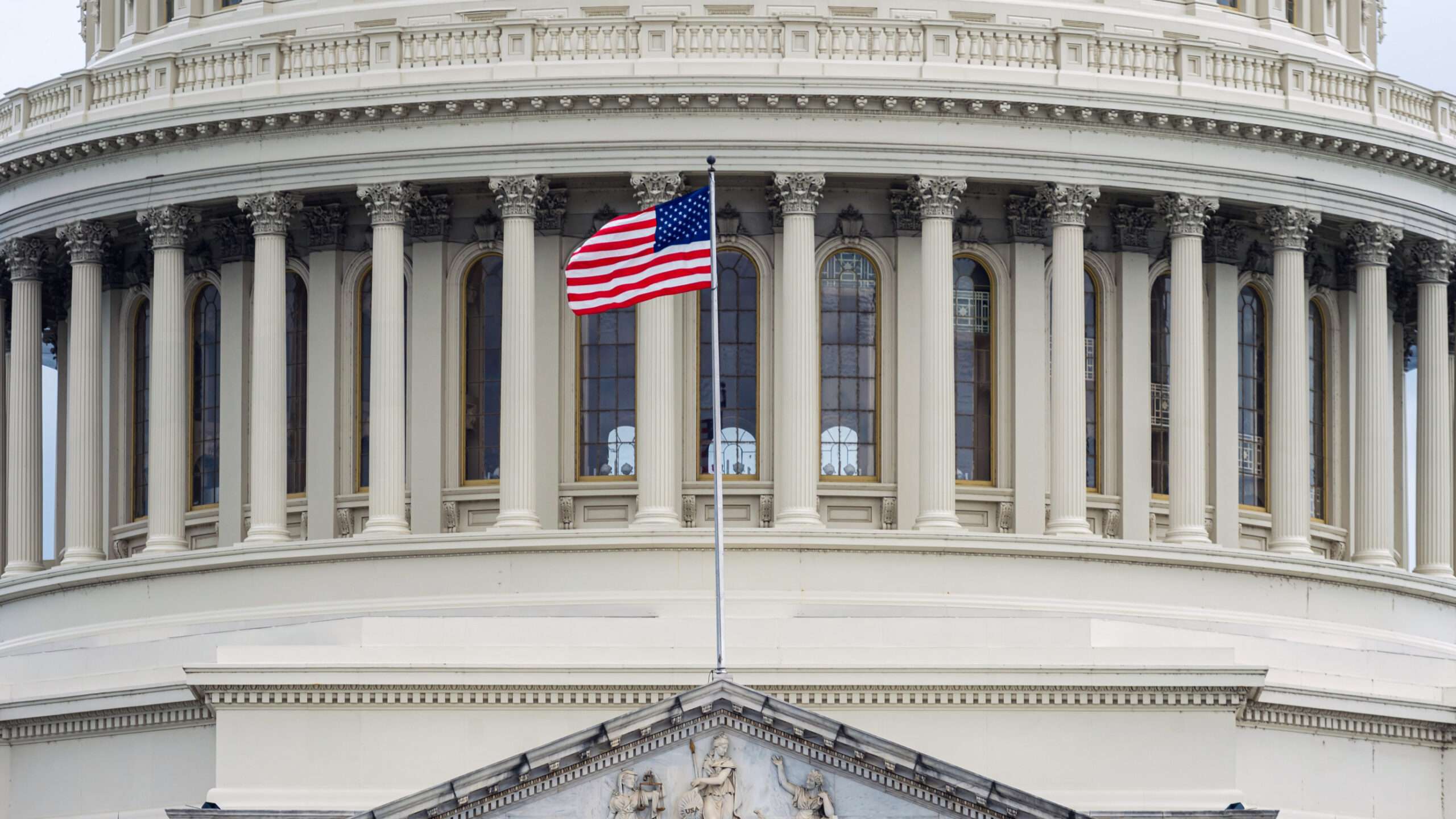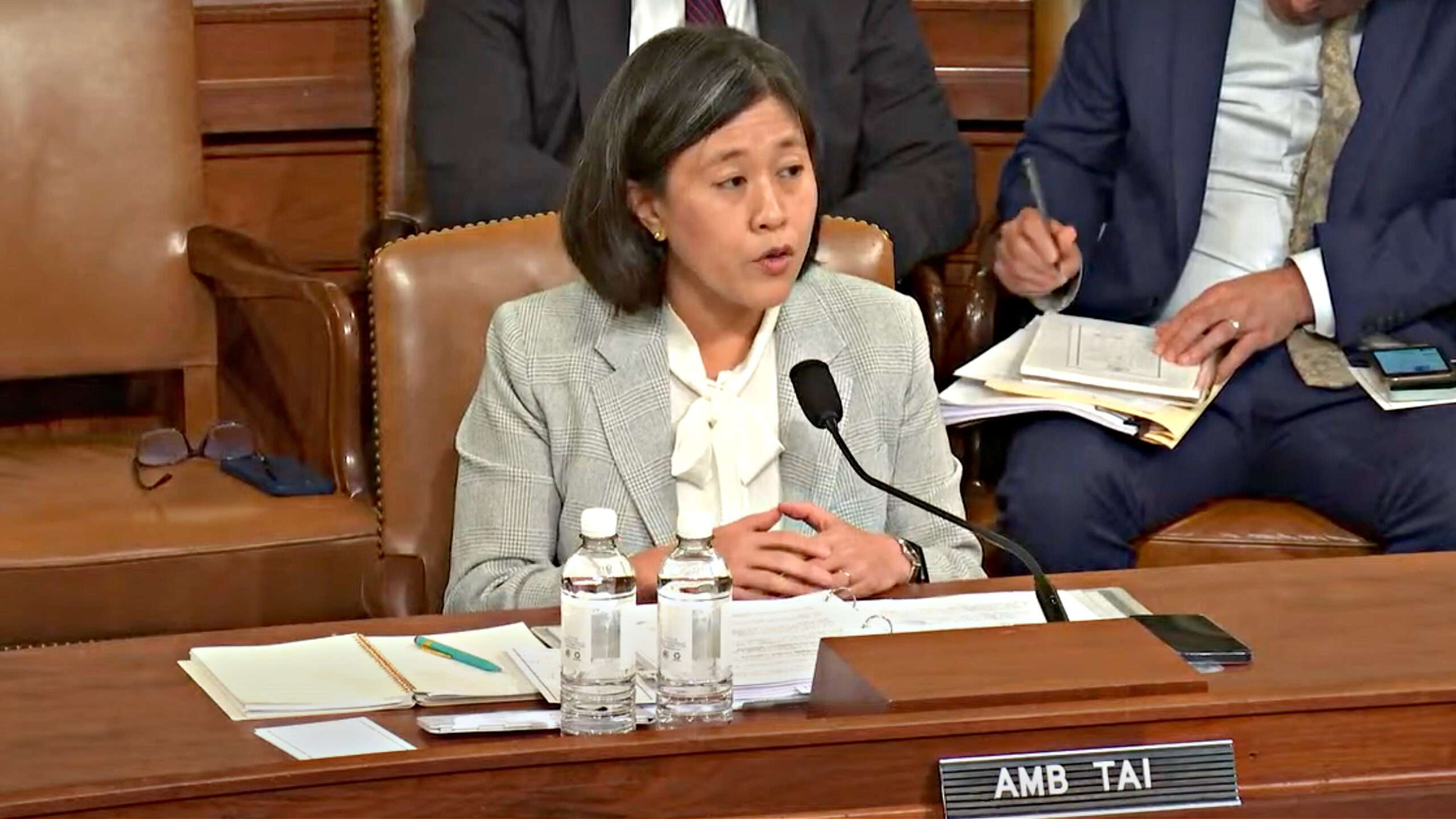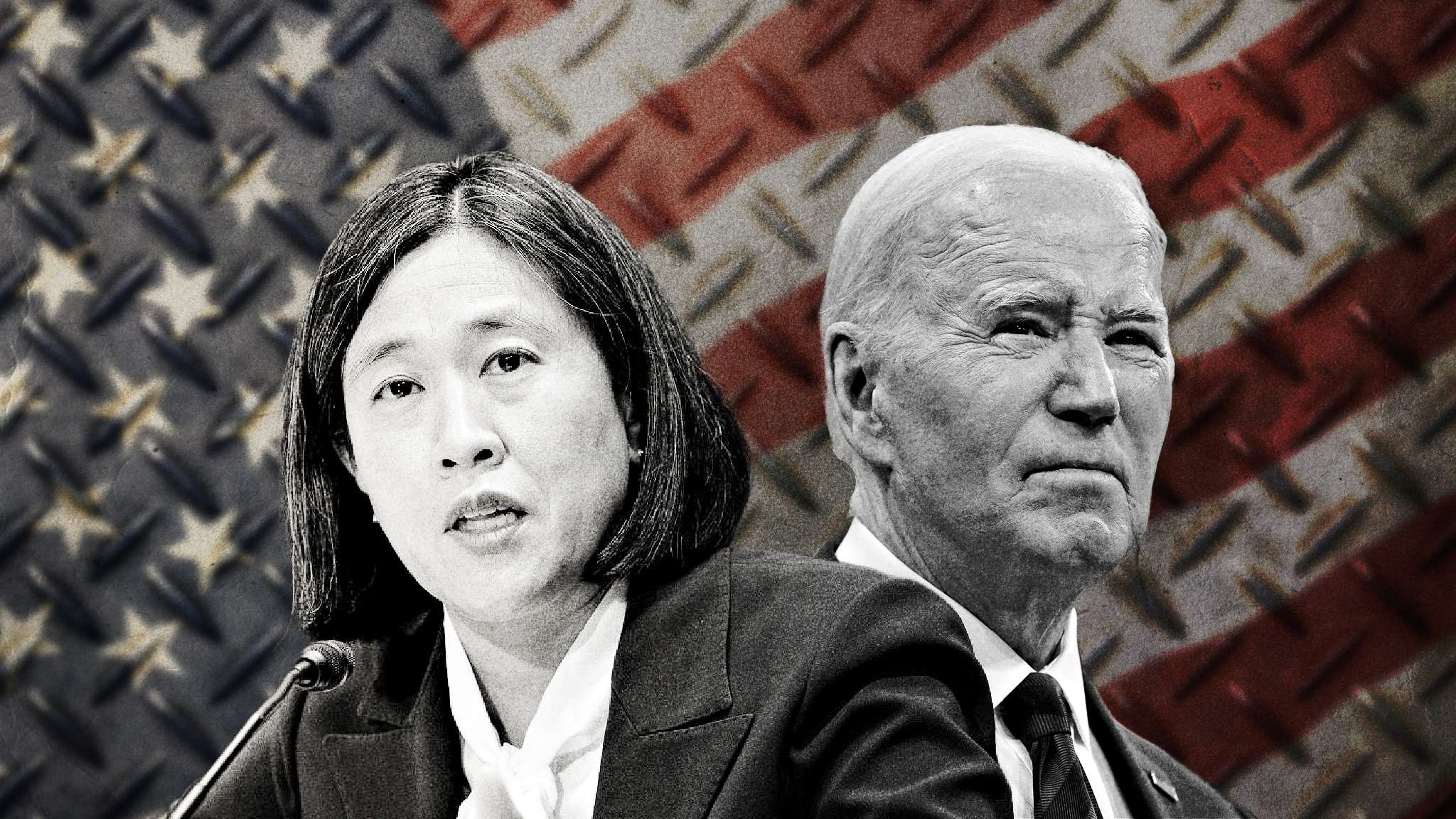
The White House wants Congress to take up President Obama’s Pacific Rim trade deal long before next year’s lame-duck session, when some congressional aides say a vote is likely to take place
[Reposted from The Hill | Jordan Fabian | October 15, 2015]
“The timeline that we envision is shorter than that,” press secretary Josh Earnest told reporters on Thursday.
Earnest did not specify when the White House would like a vote to occur.
Senior Capitol Hill aides in both parties believe the massive Trans-Pacific Partnership (TPP) agreement will not be brought to the floor before the 2016 elections, according to Politico.
Waiting until the lame-duck session could allow members to take a tough vote on the free-trade deal without electoral consequences.
But punting a trade vote until late next year could allow critics more time to build opposition to the pact in Congress and among the voters. It would also leave Obama a very narrow time window to see the agreement passed before he leaves office in January 2017.
“There is no need for Congress to delay action on TPP until the end of next year,” Earnest said. “I don’t know why we would wait more than a year to enjoy the benefits” of the deal.
The 12-nation trade deal is one of the biggest trade agreements in history and is a key part of Obama’s legacy.
The White House has touted how it would knock down tariffs and other barriers to trade with nations along the Pacific Rim. It’s a central element of Obama’s so-called pivot to Asia, a means to counter China’s rising influence in the region and around the globe.
But opponents of the deal say it could lead to American jobs being shipped overseas and that the deal’s labor and environmental standards are not stringent enough. Republicans and Democrats are both divided over the deal.
A trade promotion authority bill passed earlier this year also sets up a complicated process for the TPP to be brought to the floor.
Obama must notify Congress 90 days before he is allowed to sign the deal, and the full text of the agreement must be released 60 days prior to the president’s signature.
Congress then has 90 legislative days to vote on the agreement after it is introduced.
Earnest said the White House has not decided when Obama will notify lawmakers of his intent to sign the trade deal.
“We have not made a firm decision on that, that obviously is one factor in establishing a timeline for a vote,” he said. “This timeframe was put in place because the president believe this shouldn’t be rushed — that there should be ample opportunity to consider the agreement. At the same time, there is no reason for this agreement to be subjected to unnecessary delay.”













